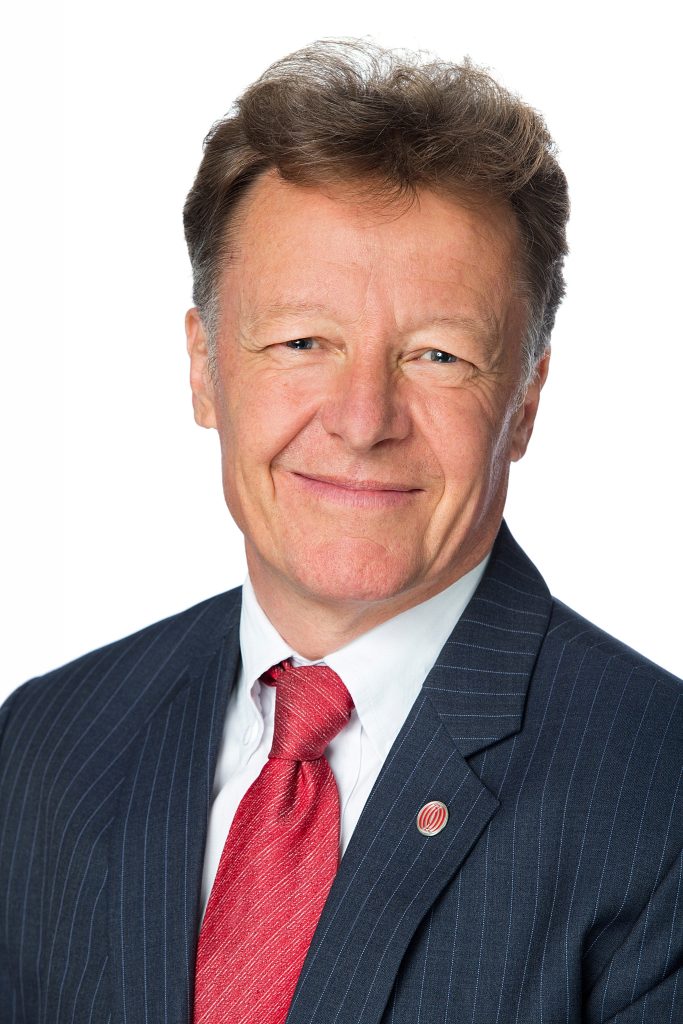The UAE is expected to remain one of the most active construction markets in the region in 2017, with focus on Dubai where a number of the Expo related projects will move into the delivery stage.
Data from MEED Projects suggests there will be a sharp increase in the value of real estate projects tendered in the UAE in 2017 (around $100bn), which would be the highest level of new tenders since before the Global Financial Crisis.
After several years of focus on infrastructure and non-real estate projects, the focus could shift back to commercial and residential real estate construction in 2017. In addition to major projects associated with Expo 2020, Dubai is likely to see construction commence on a number of major new retail and mixed use projects in 2017. Data from MEED Projects suggests that real estate could account for over 60 percent of all new construction contracts let in 2017 in the UAE.
The biggest challenges facing the construction industry in 2017 are likely to revolve around financing of projects. Problems with raising finance are likely to ensure that many of the announced projects do not proceed on schedule and those that do are likely to be those where the developer can provide a combination of both financing and contracting expertise.

It is notable that Chinese contractors are becoming more active across the region (especially in Egypt and the UAE), in addition to bringing in their own construction labour, many of these developers also benefit from government backed financing. This model has also been successfully used by Korean contractors to win major infrastructure projects in the region.
Related to the issue of funding, we expect to see significant levels of delay in the completion or delivery of many announced projects in 2017.
This is certainly not a new problem, with only 35 percent of all announced residential projects in Dubai actually being delivered in the scheduled year of delivery in Dubai over the past 5 years. We see little reason to expect a major improvement in this materialisation rate in 2017.




